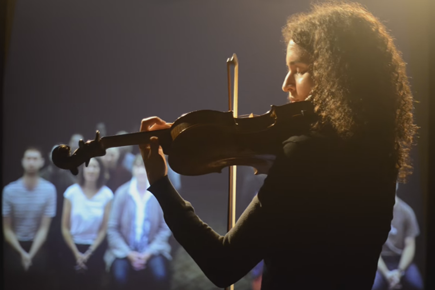A New Partnership in Performance Science
Thursday 30 June 2016
Originally founded in 2000 at the Royal College of Music, the Centre for Performance Science has become a leading centre for research and teaching in music performance science, hosting major research grants and pioneering specialist MSc and PhD programmes.
Now, nearly two decades on, a new chapter in performance science is opening: a strategic, cross-institutional partnership between the Royal College of Music and Imperial College London.
The new CPS is an ambitious collaboration aimed at tackling major challenges of performance across a wide array of domains, from the arts, education and business to medicine, science and sport.
Led jointly by Professor Aaron Williamon (RCM)and Professor Roger Kneebone (Imperial), the CPS draws on dynamic collaborations already in place across the two institutions, spanning the arts, medicine, engineering, natural sciences, and business.
Professor Colin Lawson CBE, Director of the Royal College of Music, said:
'We have a long and distinguished history of partnership with Imperial College. Together, we produce world-leading research and offer internationally distinctive programmes of study, such as our joint BSc in music and physics. The new Centre is a dynamic initiative that will give us further insight into performance itself, allowing us to enhance the ways in which we train and support performers.'
Professor James Stirling CBE FRS, Provost of Imperial College London, said:
'Performance obviously takes centre stage in music, but understanding how to perform well is a key part of success in any field, and not least in the College’s core engineering, science, medicine, and business disciplines. With our new Centre, we are excited about looking across a wide range of disciplines in order to interrogate the core processes and products of performance.'
For further information about the Centre for Performance Science, including current research, courses and information on how the CPS is already impacting on society, see www.PerformanceScience.ac.uk.








